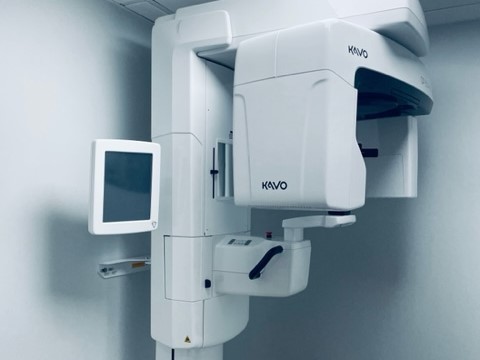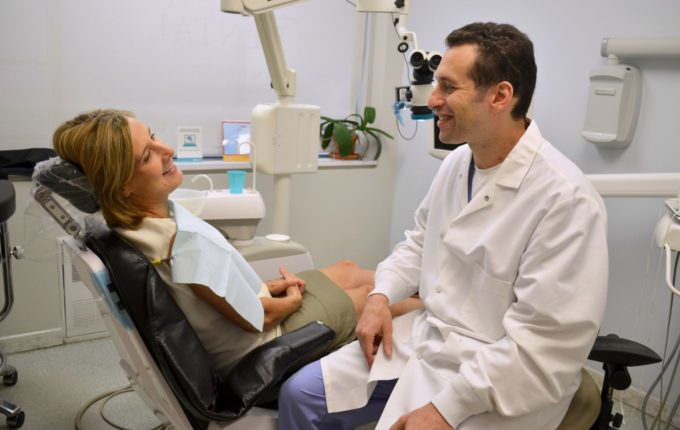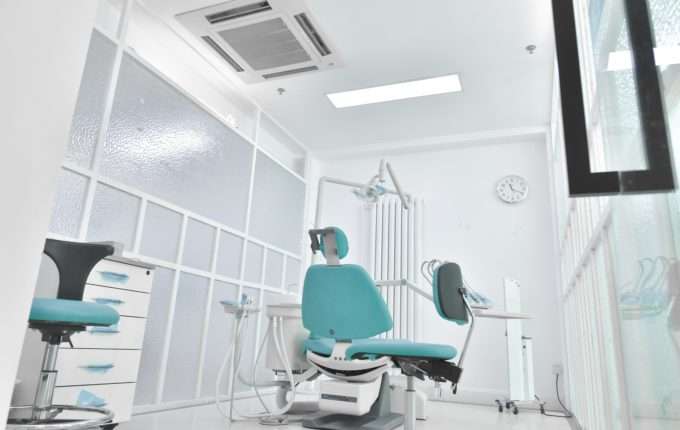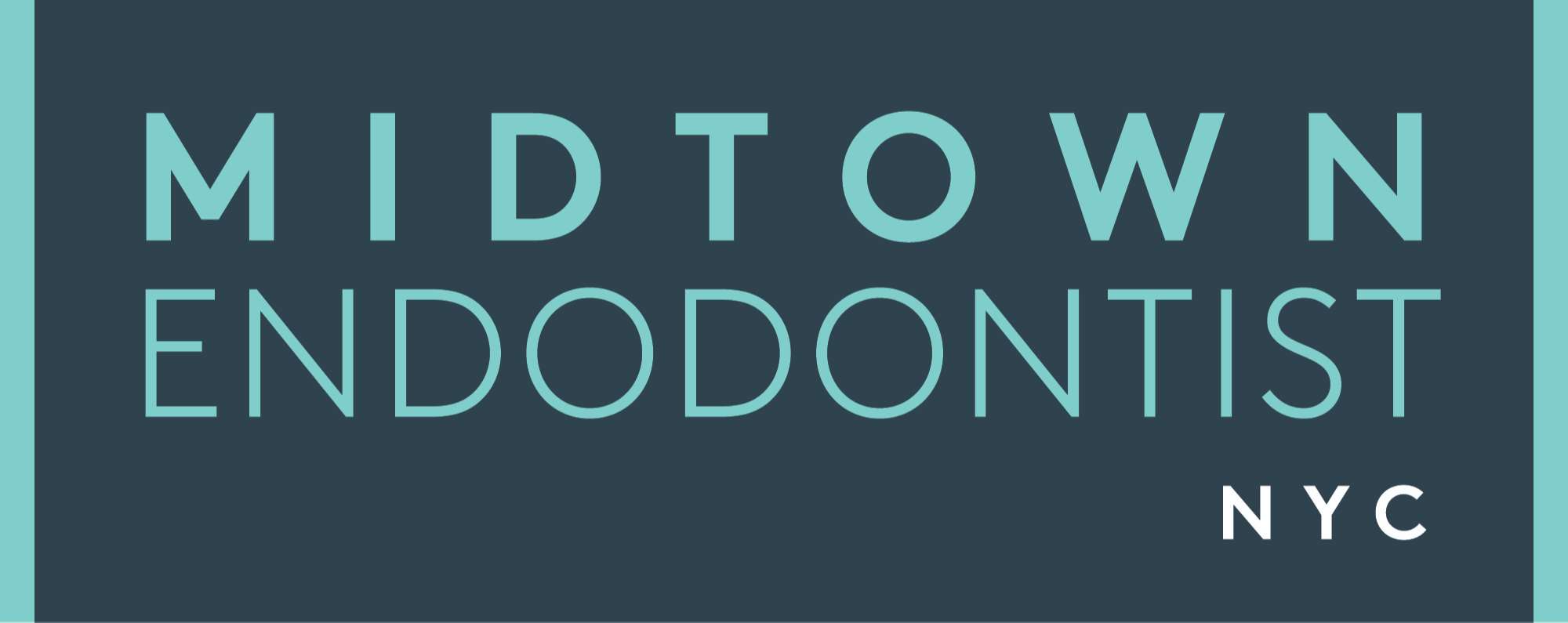How to Avoid Needing Root Canal Treatment

A root canal is a treatment used to salvage a severely decayed or damaged tooth. You might need to get a root canal if your tooth has decayed from a deep cavity or if you experience an injury to the tooth.
While this treatment is beneficial for stopping advanced tooth decay or repairing trauma to a tooth, if you’re like most patients, you want to know how to prevent needing a root canal. Luckily, you can usually avoid one if you take good care of your teeth. Keep reading to learn more about the best root canal prevention for lasting health.
10 Tips to Avoid Root Canal Treatment
The best methods for root canal prevention involve caring for and maintaining your dental hygiene. You can follow these tips to reduce your chances of needing a root canal:
1. Brush Twice Daily
Brushing is the foundation of dental hygiene and you can often prevent the need for extensive dental work if you brush your teeth regularly. While many patients skip brushing their teeth every once in a while, this can quickly become a bad habit. Building it into your morning and evening routine can make it easier to remember — make brushing your teeth the last thing you do before bed and the first thing you do when you get up.
2. Floss Once a Day
Flossing is another essential part of oral hygiene, even if you brush and use mouthwash. Dental floss lets you remove food particles stuck between your teeth. Clearing them away helps avoid bacteria buildup and lowers your risk of cavities.
Recent studies suggest that flossing before you brush instead of after may be better for plaque reduction, but any flossing is better than none at all!
3. Take Care of Your Tongue
Although brushing your tongue should come second to your teeth and gums, it will still impact your overall hygiene. Make sure to brush your tongue at least occasionally to clear away the buildup and lower your risk of cavities.
4. Drink More Water
Regularly drinking plenty of water is an easy way to help improve your oral health. In addition to keeping your mouth rinsed, water can help you produce more saliva to protect your teeth.
While drinking any water is good, most tap water contains more fluoride than bottled water. Fluoridated water can help you stay healthier and prevent cavities from developing.
5. Limit Acidic Foods and Drinks

Acid weakens your enamel, which can leave your teeth vulnerable to damage. While many acidic foods and drinks have nutritional benefits, you may want to limit or avoid some options.
For example, it’s best to avoid regularly consuming carbonated drinks and citrus juices, which wear away at your enamel. Acidic drinks are also often saturated in sweeteners that feed bacteria and erode your enamel.
6. Avoid Chewing Hard or Sticky Foods
Hard foods can create small cracks in the surface of your teeth as you chew on them. While some people enjoy the sensation of chewing on ice, it can lead to serious damage to a tooth’s outer structure. A hard ice cube can fracture your tooth and break a filling, leading to an entry of bacteria directly into the nerve root.
Even small cracks in your enamel will allow bacteria to find a way inside a tooth. In severe cases, the damage from chewing hard foods can lead to the need for a root canal or another invasive procedure.
Similarly, sweet, sticky foods like taffy cling to the grooves and crevices in your teeth, leading to decay.
7. Wear a Mouth Guard at Night and While Playing Sports
If you experience bruxism — grinding your teeth or clenching your jaw — in your sleep, it’s essential to protect your teeth from this additional wear and tear. Talk to your dentist about getting a mouth guard to wear at night to help avoid damage.
You should guard against additional danger to your tooth enamel as well. Chipping or cracking a tooth while playing a contact sport can make a root canal inevitable. Prevent trauma from accidents during contact sports by wearing protective equipment. If something strikes you in the face, your teeth will stay safe and you can avoid an expensive treatment.
8. Consider Your Dental Needs
If you have weakened teeth or another special condition, it’s important to follow your dentist’s instructions regarding the best care for your teeth. For example, you should avoid eating certain food items if your teeth are weak. Some patients have to avoid hard, crunchy foods like nuts, carrots and popcorn to ensure that their teeth stay in good condition. Your dentist knows your teeth exceptionally well and following their recommendations is essential in avoiding a root canal.
It’s also important to give your dentist a complete health history and ask about any potential symptoms. For example, if you think you might be grinding your teeth in your sleep, bring this up with your dentist and see what they recommend.
9. Have Regular Dental Checkups
Make sure you get your teeth cleaned regularly to clear plaque buildup and prevent cavities. Your dentist will check all of your teeth for problems during an exam. Without regular checkups, you might have asymptomatic issues that go unnoticed. It’s possible to have a painless cavity or one that starts out painful but gradually numbs over time.
10. Get Tooth Pain Checked Out Immediately
Seeing your dentist as soon as you notice a problem is how to avoid a root canal in most cases. If you are currently experiencing pain in your teeth, you should contact a dentist for an exam. It’s important to commit to annual checkups, but if you’re experiencing any pain, request an earlier appointment.
If you have a problem with one of your teeth or feel some discomfort, your dentist can diagnose your condition. If you get the tooth treated early into the decay, you might be able to avoid a root canal.
Get a Root Canal With Midtown Endodontist NYC
If you do find yourself in need of a root canal, Midtown Endodontist NYC is here for you. Our dedicated team is ready to answer your questions about endodontic care. We treat tooth pain and provide root canals and root canal retreatment. If you want to learn more about our root canal services or if you’re ready for an exam, feel free to book an appointment today.

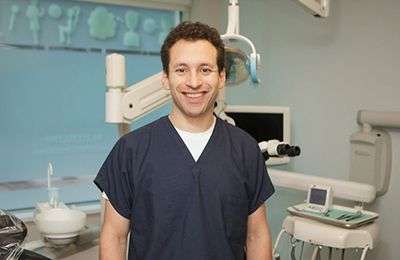 Our Providers
Our Providers
 Blog
Blog
 Contact us
Contact us
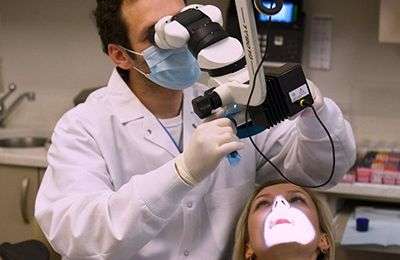 Endodontics
Endodontics
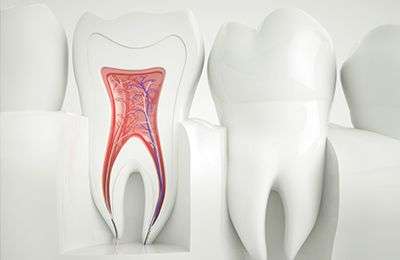 Root Canal Treatment
Root Canal Treatment
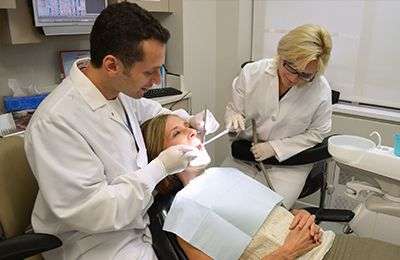 Emergency Root Canal
Emergency Root Canal
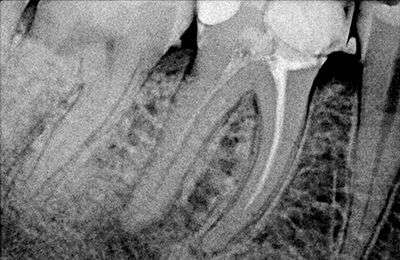 Root Canal Retreatment
Root Canal Retreatment
 Complimentary Teeth Whitening
Complimentary Teeth Whitening
 Teeth Whitening
Teeth Whitening
